New chair of residents favors talks
입력 2025.06.28 (01:04)
읽어주기 기능은 크롬기반의
브라우저에서만 사용하실 수 있습니다.
[Anchor]
A new emergency committee for the association of medical residents has been launched.
The newly elected chairperson, who is considered a negotiator, emphasized the importance of communication with the government.
However, it seems that the return of medical residents to hospitals will not be smooth.
Kim Seong-su reports.
[Report]
Han Seong-jon, a representative of medical residents at Seoul Asan Hospital, has been elected as the new chairperson of the Korean Association of Medical Residents, classified as a negotiator.
As the former chairperson Park Dan, who stepped down due to internal backlash, was criticized for lack of communication, Chairperson Han emphasized the need for dialogue.
[Han Seong-jun/Chairperson for the Korean Association of Medical Residents: "I will communicate and engage in dialogue with the government and political circles with an open and progressive mindset."]
Despite additional recruitment efforts, the return rate of medical residents in the first half of this year is less than 20%.
Since the launch of the new government, there has been a rising sentiment among former medical residents to return, which likely facilitated the establishment of the negotiating committee.
[Former medical resident/voice altered: "It seems that there are individuals feeling fatigued and wanting to return. There should be visible efforts to actively negotiate the issues we have raised..."]
Some medical residents are setting conditions for their return, such as the legalization of 60-hour work weeks and the additional implementation of the specialist exam next August.
The public opinion of these medical residents is largely negative.
The Korean Medical Association, which oversees the specialist exam, has stated that it cannot accept these conditions, and the government maintains its position that there will be no more special exceptions.
The new emergency committee of the Korean Association of Medical Residents also showed a cautious stance, stating through an internal notice that "there will be no hasty agreements."
The new committee is scheduled to hold a general assembly tomorrow (June 28) to discuss future response strategies.
The actions of the medical residents' association are expected to significantly influence the sentiment of medical students regarding their return.
This is KBS News Kim Seong-su.
A new emergency committee for the association of medical residents has been launched.
The newly elected chairperson, who is considered a negotiator, emphasized the importance of communication with the government.
However, it seems that the return of medical residents to hospitals will not be smooth.
Kim Seong-su reports.
[Report]
Han Seong-jon, a representative of medical residents at Seoul Asan Hospital, has been elected as the new chairperson of the Korean Association of Medical Residents, classified as a negotiator.
As the former chairperson Park Dan, who stepped down due to internal backlash, was criticized for lack of communication, Chairperson Han emphasized the need for dialogue.
[Han Seong-jun/Chairperson for the Korean Association of Medical Residents: "I will communicate and engage in dialogue with the government and political circles with an open and progressive mindset."]
Despite additional recruitment efforts, the return rate of medical residents in the first half of this year is less than 20%.
Since the launch of the new government, there has been a rising sentiment among former medical residents to return, which likely facilitated the establishment of the negotiating committee.
[Former medical resident/voice altered: "It seems that there are individuals feeling fatigued and wanting to return. There should be visible efforts to actively negotiate the issues we have raised..."]
Some medical residents are setting conditions for their return, such as the legalization of 60-hour work weeks and the additional implementation of the specialist exam next August.
The public opinion of these medical residents is largely negative.
The Korean Medical Association, which oversees the specialist exam, has stated that it cannot accept these conditions, and the government maintains its position that there will be no more special exceptions.
The new emergency committee of the Korean Association of Medical Residents also showed a cautious stance, stating through an internal notice that "there will be no hasty agreements."
The new committee is scheduled to hold a general assembly tomorrow (June 28) to discuss future response strategies.
The actions of the medical residents' association are expected to significantly influence the sentiment of medical students regarding their return.
This is KBS News Kim Seong-su.
■ 제보하기
▷ 카카오톡 : 'KBS제보' 검색, 채널 추가
▷ 전화 : 02-781-1234, 4444
▷ 이메일 : kbs1234@kbs.co.kr
▷ 유튜브, 네이버, 카카오에서도 KBS뉴스를 구독해주세요!
- New chair of residents favors talks
-
- 입력 2025-06-28 01:04:49

[Anchor]
A new emergency committee for the association of medical residents has been launched.
The newly elected chairperson, who is considered a negotiator, emphasized the importance of communication with the government.
However, it seems that the return of medical residents to hospitals will not be smooth.
Kim Seong-su reports.
[Report]
Han Seong-jon, a representative of medical residents at Seoul Asan Hospital, has been elected as the new chairperson of the Korean Association of Medical Residents, classified as a negotiator.
As the former chairperson Park Dan, who stepped down due to internal backlash, was criticized for lack of communication, Chairperson Han emphasized the need for dialogue.
[Han Seong-jun/Chairperson for the Korean Association of Medical Residents: "I will communicate and engage in dialogue with the government and political circles with an open and progressive mindset."]
Despite additional recruitment efforts, the return rate of medical residents in the first half of this year is less than 20%.
Since the launch of the new government, there has been a rising sentiment among former medical residents to return, which likely facilitated the establishment of the negotiating committee.
[Former medical resident/voice altered: "It seems that there are individuals feeling fatigued and wanting to return. There should be visible efforts to actively negotiate the issues we have raised..."]
Some medical residents are setting conditions for their return, such as the legalization of 60-hour work weeks and the additional implementation of the specialist exam next August.
The public opinion of these medical residents is largely negative.
The Korean Medical Association, which oversees the specialist exam, has stated that it cannot accept these conditions, and the government maintains its position that there will be no more special exceptions.
The new emergency committee of the Korean Association of Medical Residents also showed a cautious stance, stating through an internal notice that "there will be no hasty agreements."
The new committee is scheduled to hold a general assembly tomorrow (June 28) to discuss future response strategies.
The actions of the medical residents' association are expected to significantly influence the sentiment of medical students regarding their return.
This is KBS News Kim Seong-su.
A new emergency committee for the association of medical residents has been launched.
The newly elected chairperson, who is considered a negotiator, emphasized the importance of communication with the government.
However, it seems that the return of medical residents to hospitals will not be smooth.
Kim Seong-su reports.
[Report]
Han Seong-jon, a representative of medical residents at Seoul Asan Hospital, has been elected as the new chairperson of the Korean Association of Medical Residents, classified as a negotiator.
As the former chairperson Park Dan, who stepped down due to internal backlash, was criticized for lack of communication, Chairperson Han emphasized the need for dialogue.
[Han Seong-jun/Chairperson for the Korean Association of Medical Residents: "I will communicate and engage in dialogue with the government and political circles with an open and progressive mindset."]
Despite additional recruitment efforts, the return rate of medical residents in the first half of this year is less than 20%.
Since the launch of the new government, there has been a rising sentiment among former medical residents to return, which likely facilitated the establishment of the negotiating committee.
[Former medical resident/voice altered: "It seems that there are individuals feeling fatigued and wanting to return. There should be visible efforts to actively negotiate the issues we have raised..."]
Some medical residents are setting conditions for their return, such as the legalization of 60-hour work weeks and the additional implementation of the specialist exam next August.
The public opinion of these medical residents is largely negative.
The Korean Medical Association, which oversees the specialist exam, has stated that it cannot accept these conditions, and the government maintains its position that there will be no more special exceptions.
The new emergency committee of the Korean Association of Medical Residents also showed a cautious stance, stating through an internal notice that "there will be no hasty agreements."
The new committee is scheduled to hold a general assembly tomorrow (June 28) to discuss future response strategies.
The actions of the medical residents' association are expected to significantly influence the sentiment of medical students regarding their return.
This is KBS News Kim Seong-su.
-
-
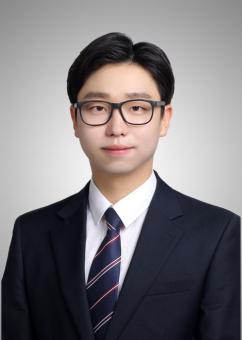
김성수 기자 ssoo@kbs.co.kr
김성수 기자의 기사 모음
-
이 기사가 좋으셨다면
-
좋아요
0
-
응원해요
0
-
후속 원해요
0










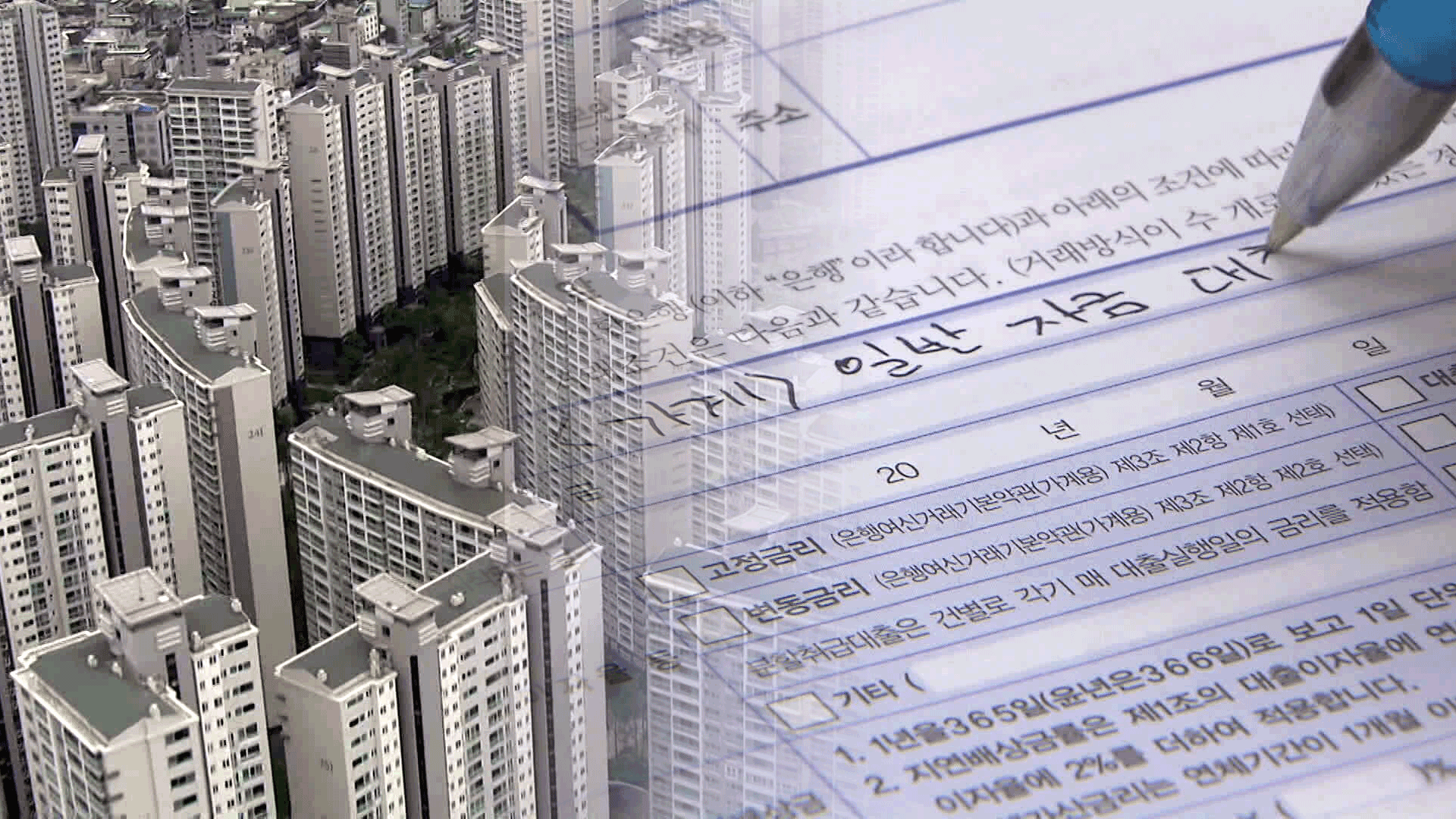
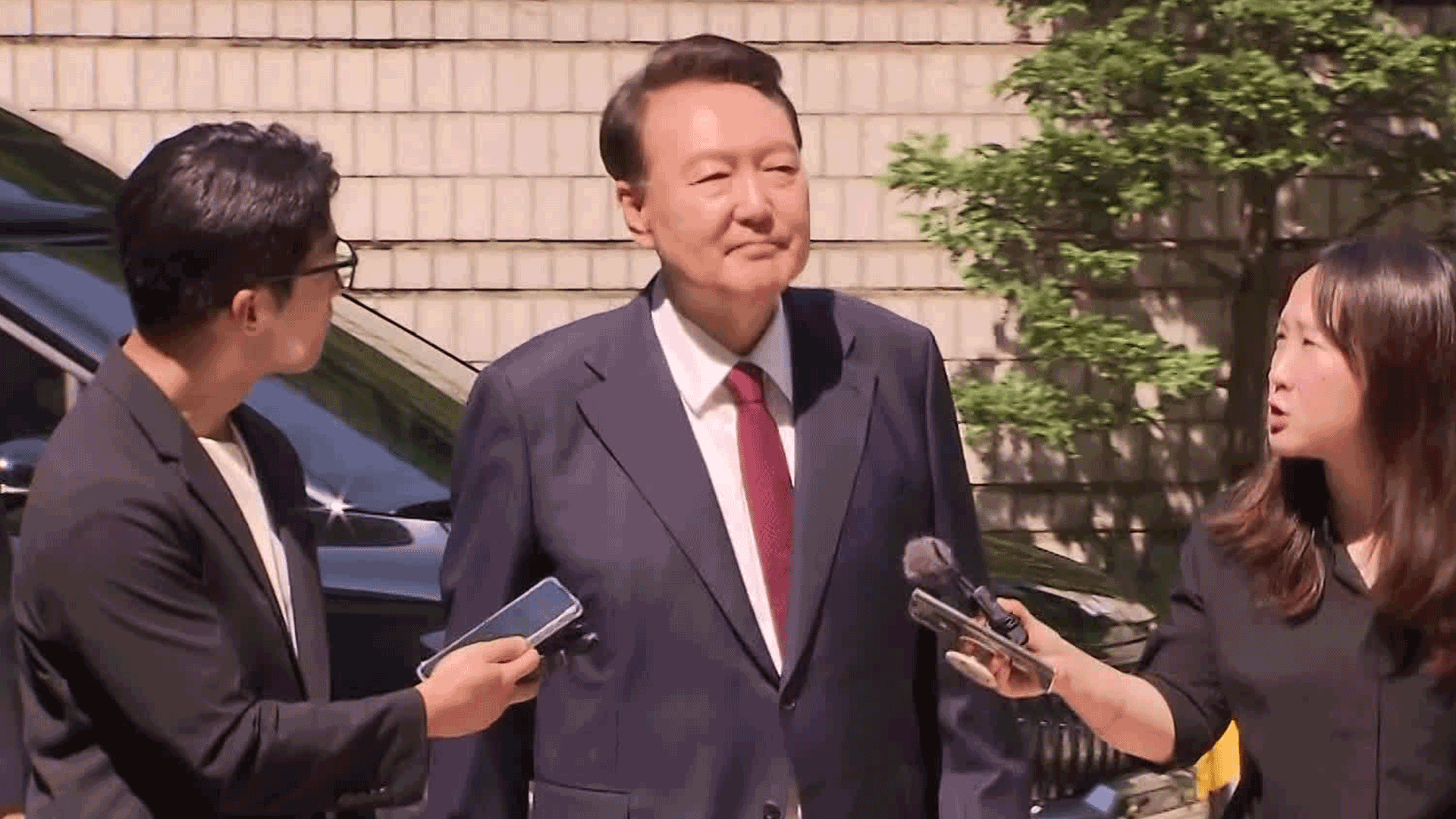
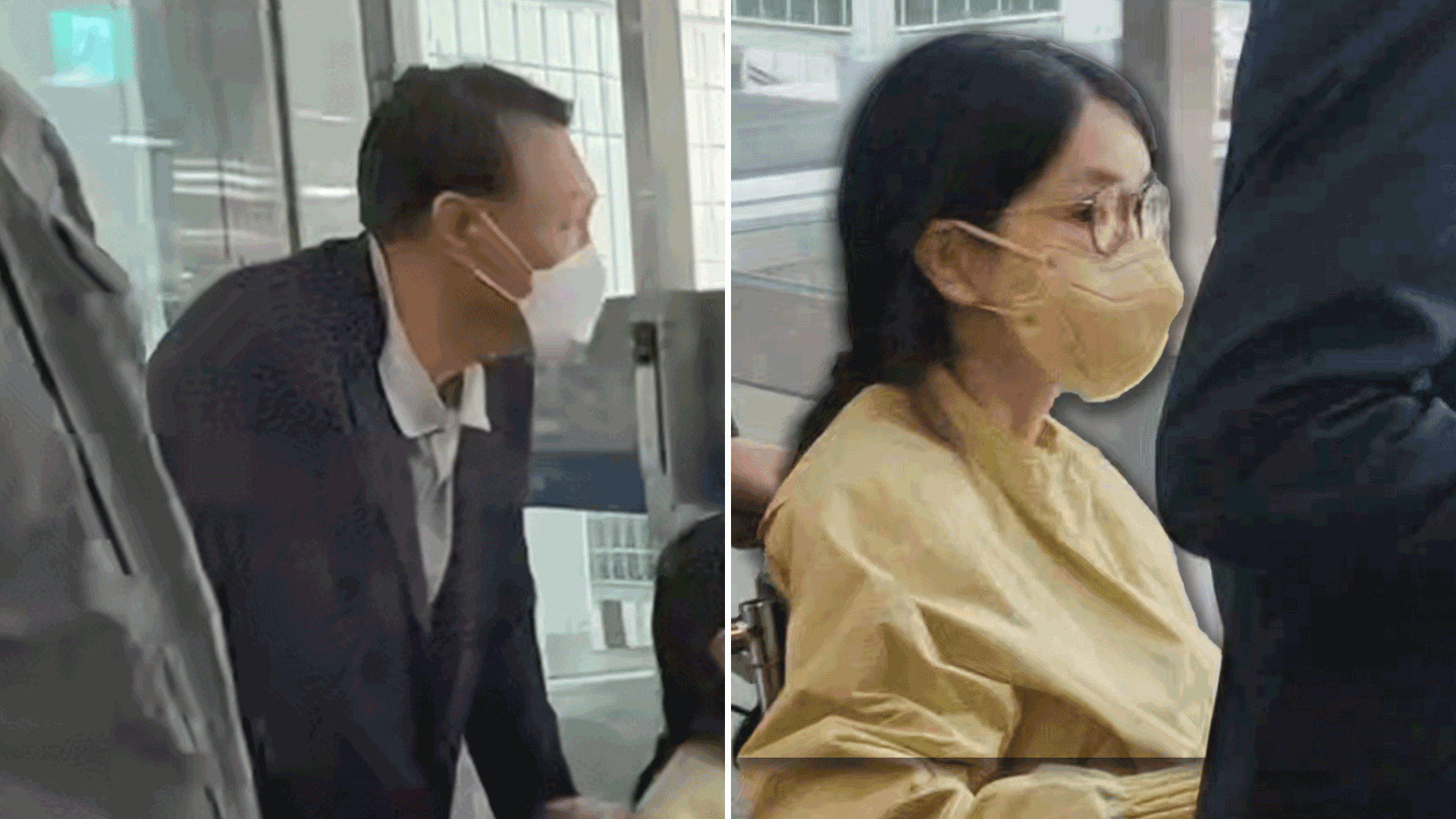
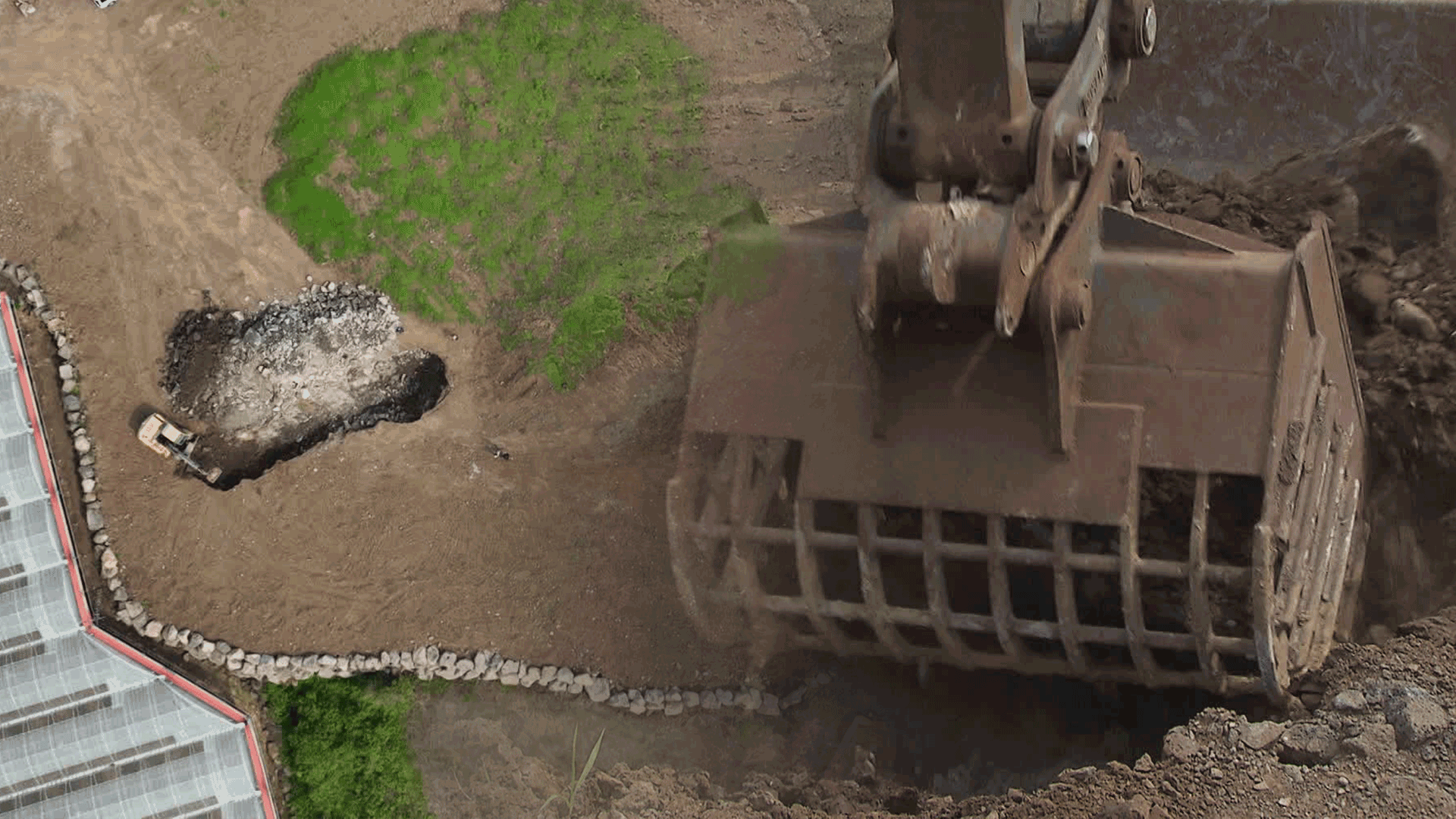

이 기사에 대한 의견을 남겨주세요.